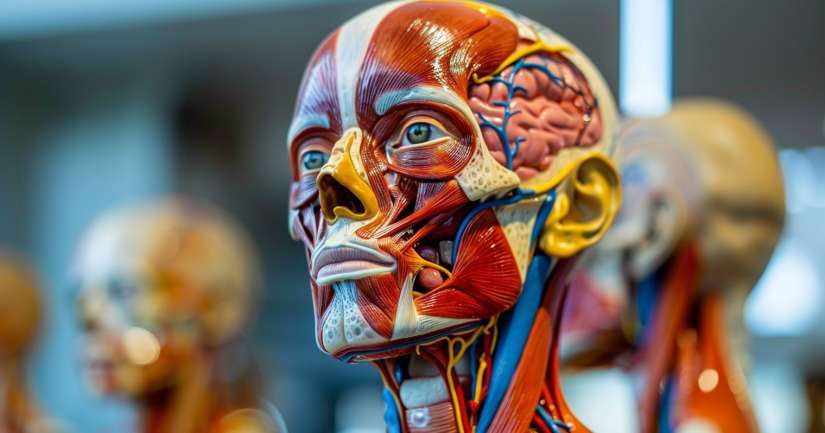Dive into our Anatomy and Physiology Quiz! Test your knowledge and uncover fascinating insights about the human body. Each question challenges your understanding, helping you learn more about how our bodies function. Expect a mix of easy and tough questions to keep you engaged. You’ll explore topics like the circulatory system, muscles, and organs. This quiz is perfect for students, professionals, or anyone curious about human biology. Sharpen your brain and discover new facts. Ready to see how much you know? Let’s get started and delve into the wonders of anatomy and physiology!

Anatomy And Physiology – FAQ
Anatomy focuses on the structure of the body and its parts, such as organs and tissues. Physiology studies the function of these parts and how they work together to support life. Both are essential to understanding the human body but offer different perspectives.
The systems of the body are highly interconnected. For example, the circulatory system delivers oxygen from the respiratory system to tissues and organs, while the nervous system controls and coordinates their functions. This interaction ensures that the body operates efficiently and maintains homeostasis.
The muscular system is responsible for movement, posture, and generating heat. Muscles work by contracting and relaxing, which allows for voluntary movements like walking and involuntary actions like the heartbeat. They also maintain the body’s stability and contribute to its overall strength.
The endocrine system uses hormones to regulate various processes, including growth, metabolism, and reproduction. Glands such as the thyroid and pancreas release hormones into the bloodstream, which then travel to target organs and tissues. These hormones act as messengers to coordinate and control bodily functions.
Studying anatomy and physiology is crucial for understanding how the body works, diagnosing diseases, and developing medical treatments. It provides foundational knowledge for healthcare professionals and anyone interested in health and wellness. This understanding helps promote better healthcare outcomes and innovations in medical science.
